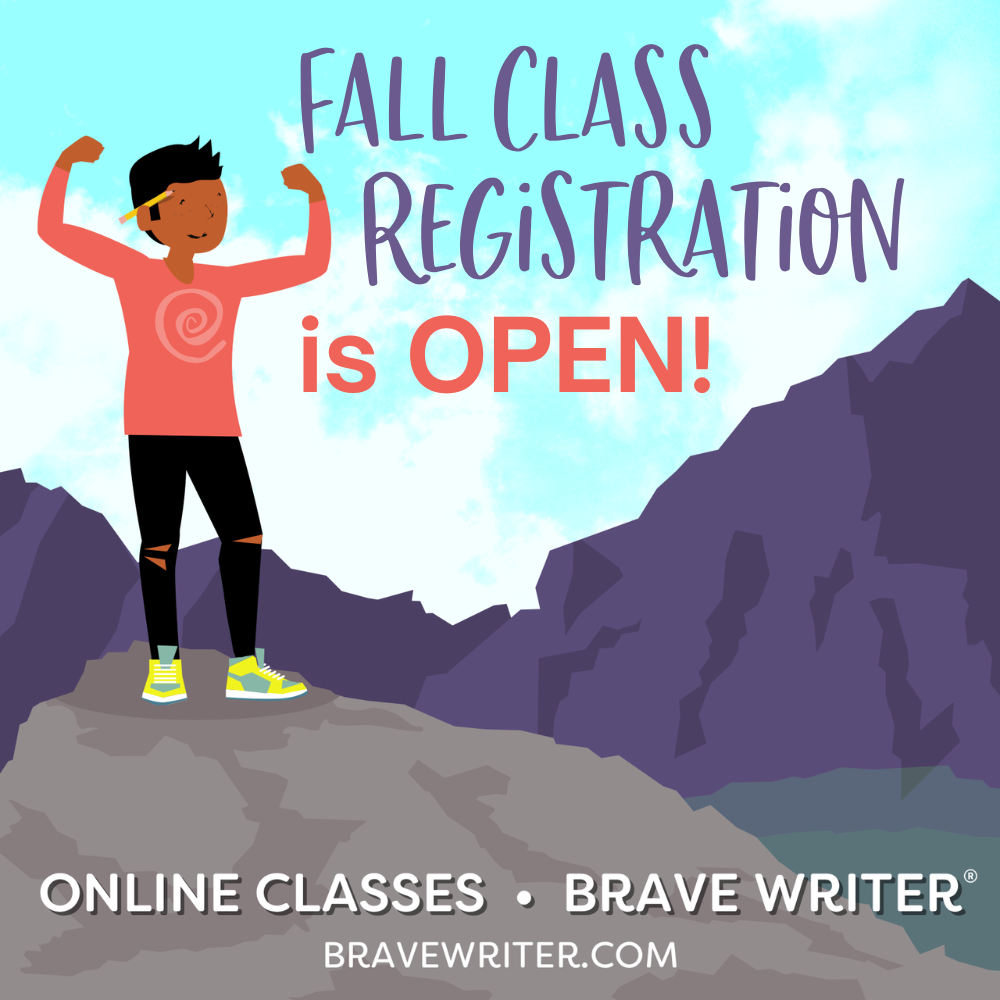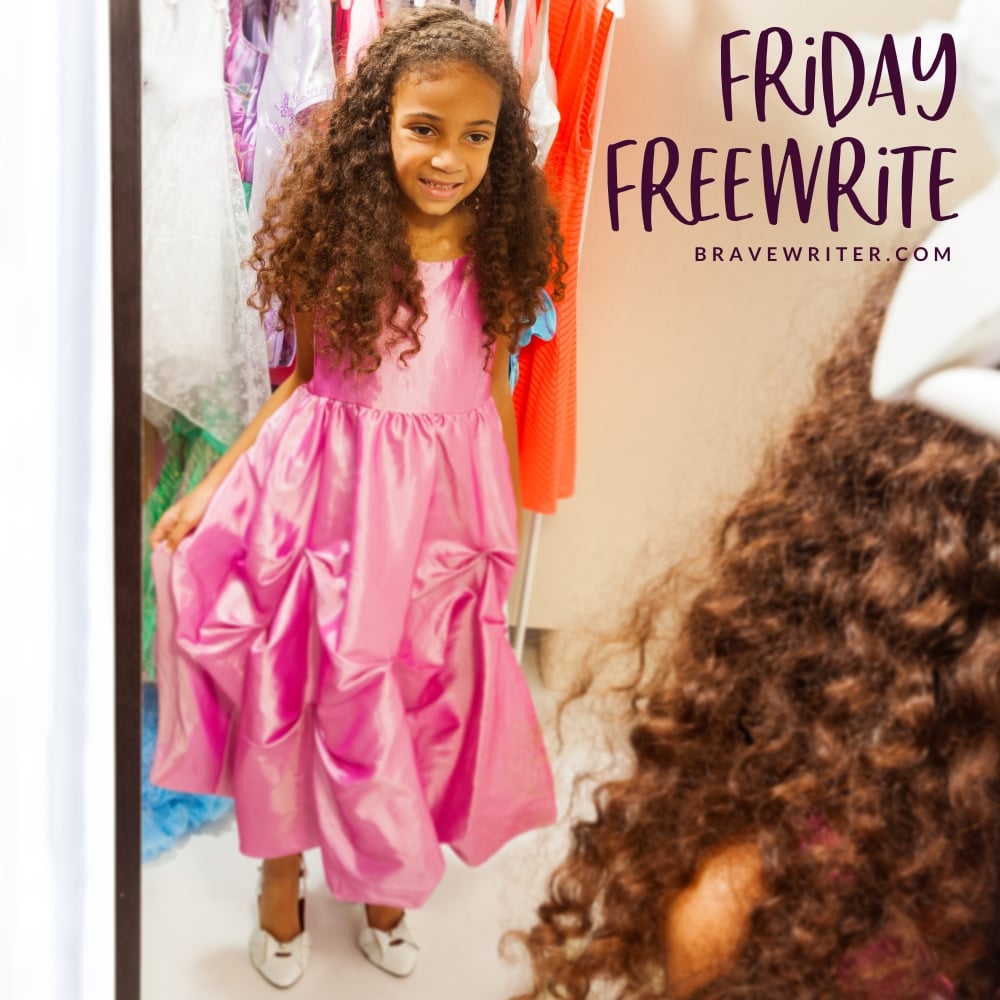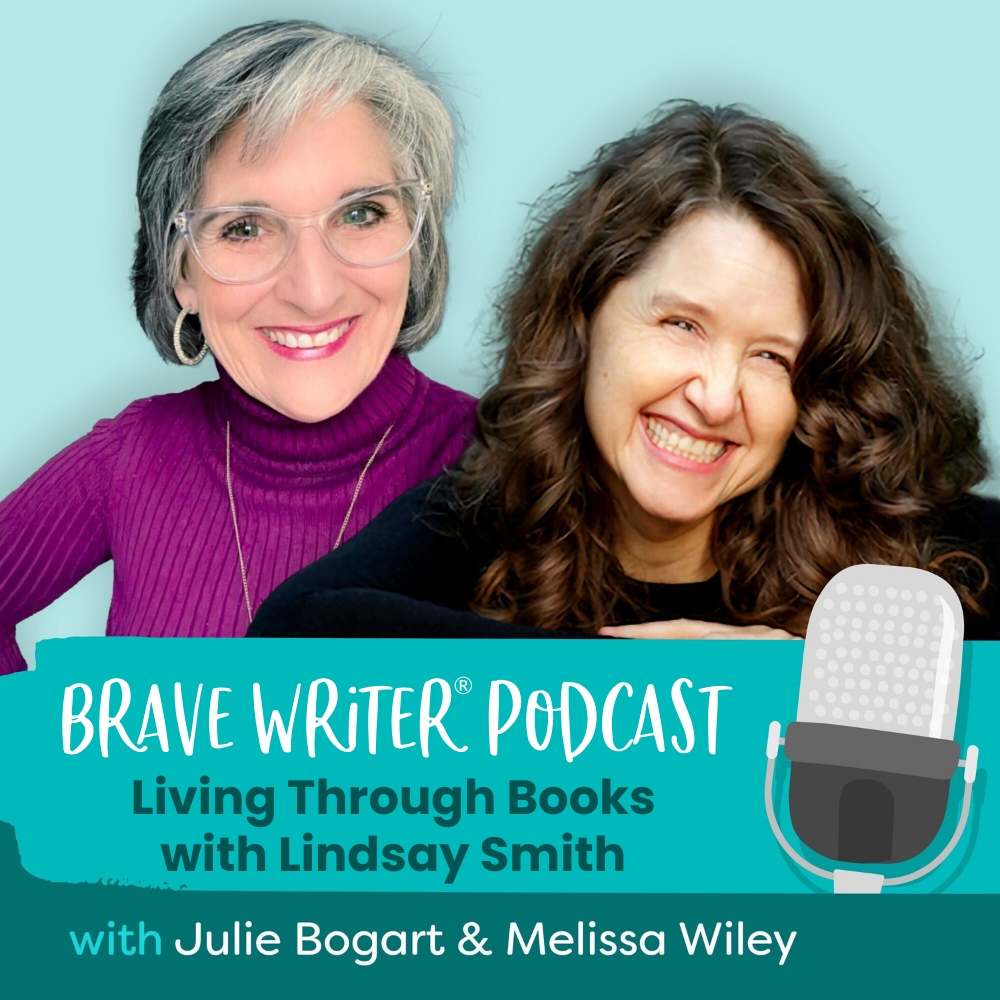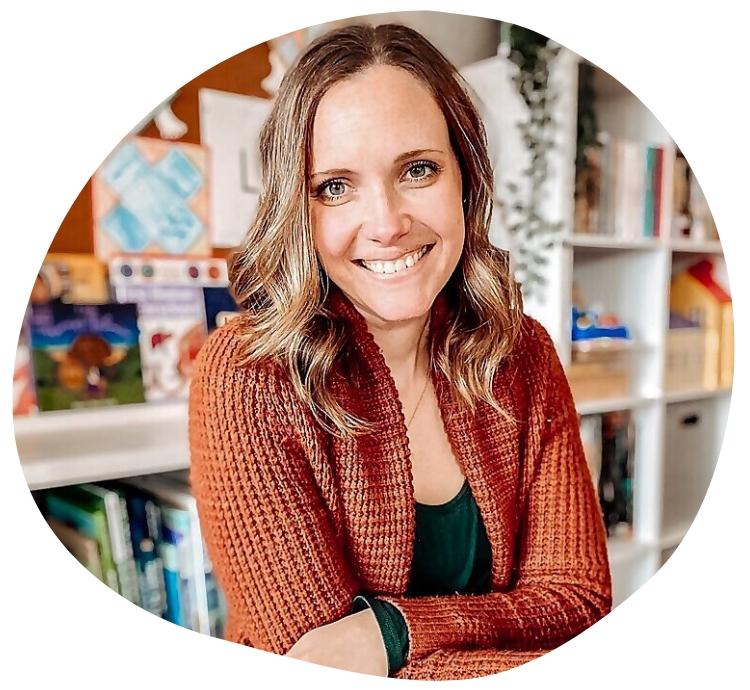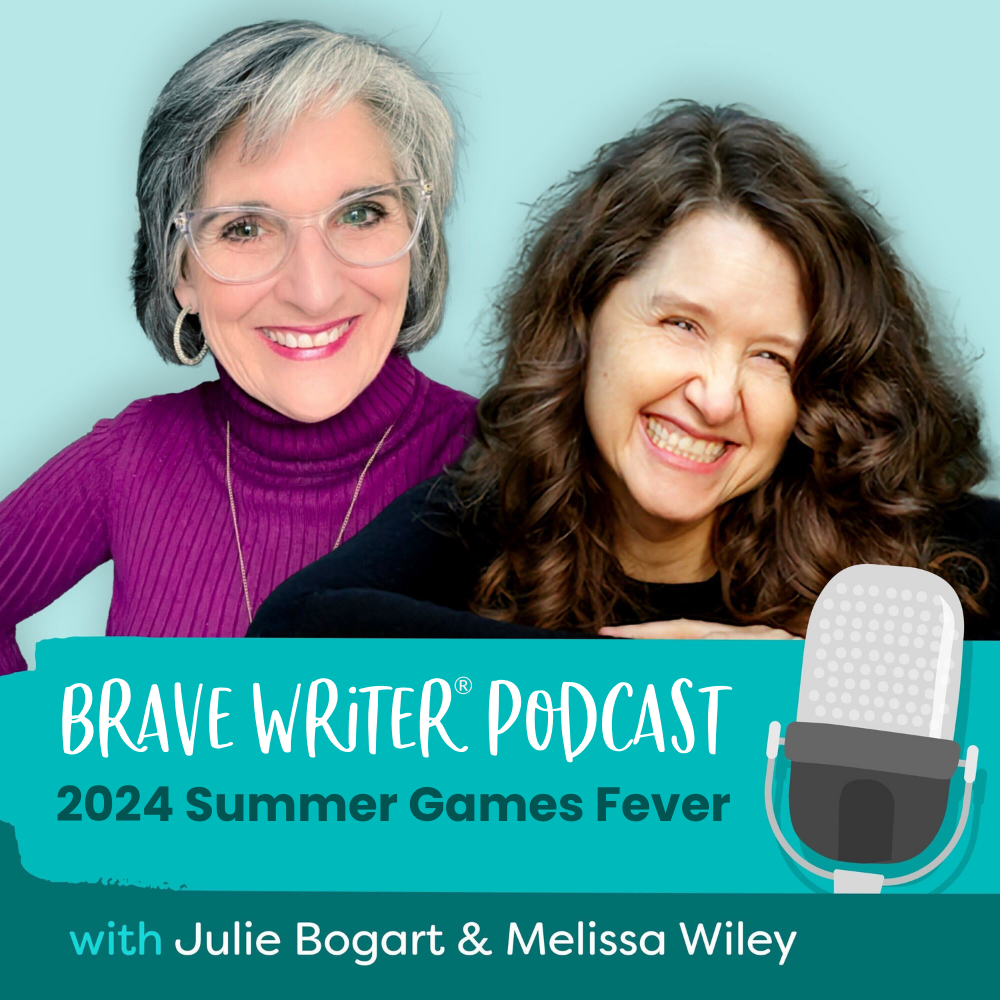
If you aren’t already excited about the Summer Olympics, this podcast episode is going to get you there. Julie’s passion for The Games is contagious. She shares some of her favorite Olympic memories as well as how she integrated the events into her kids’ learning.
Geography, physics, pageantry, dedication, loss—the Olympics and Paralympics have it all. Throw in some globes, homemade medals, and poetry, and for almost three weeks your home will be a hub of multi-disciplinary fandom.
Go to the Brave Writer website and download the free Summer Games Guide today!
Show Notes
Life Lessons
Beyond the academic lessons that the Olympics can provide, it can also be a fruitful time for non-academic lessons. For example, the Paralympics teach overcoming obstacles and the importance of anti-ableism. Fans and athletes across the Paralympics and Olympics learn how to metabolize loss and appreciate their competitors. When kids get to watch all different types of bodies succeed, they can be more confident in their own unique bodies.
Creating Memories
The Olympics are also just a fun time to create family memories. All-day coverage leads to endless big, juicy conversations. Backyard Olympic games and medal ceremonies are a hoot. And no member of the family is too young or too old to cheer hard for whichever athlete or sport they just discovered.
From our Brave Writer family to yours—Happy Olympics!
Resources
- Start a free trial of CTCmath.com to try the math program that’s sure to grab and keep your child’s attention.
- Download our free Summer Games guide
- Make writing more enjoyable with our Tools for the Art of Writing
- Catch the replays of our Summer Camp webinars
- Don’t miss Fall Class Registration
- Read “The Brave Learner: Finding Everyday Magic in Homeschool, Learning, and Life”
- Sign up for our Text Message Pod Ring to get podcast updates and more!
- Send us podcast topic ideas by texting us: +1 (833) 947-3684
Connect with Julie
- Instagram: @juliebravewriter
- Threads: @juliebravewriter
- Twitter: @bravewriter
- Facebook: facebook.com/bravewriter
Connect with Melissa
- Website: melissawiley.com
- Substack: melissawiley.substack.com
- Instagram: @melissawileybooks
- Twitter: @melissawiley
Produced by NOVA Media


